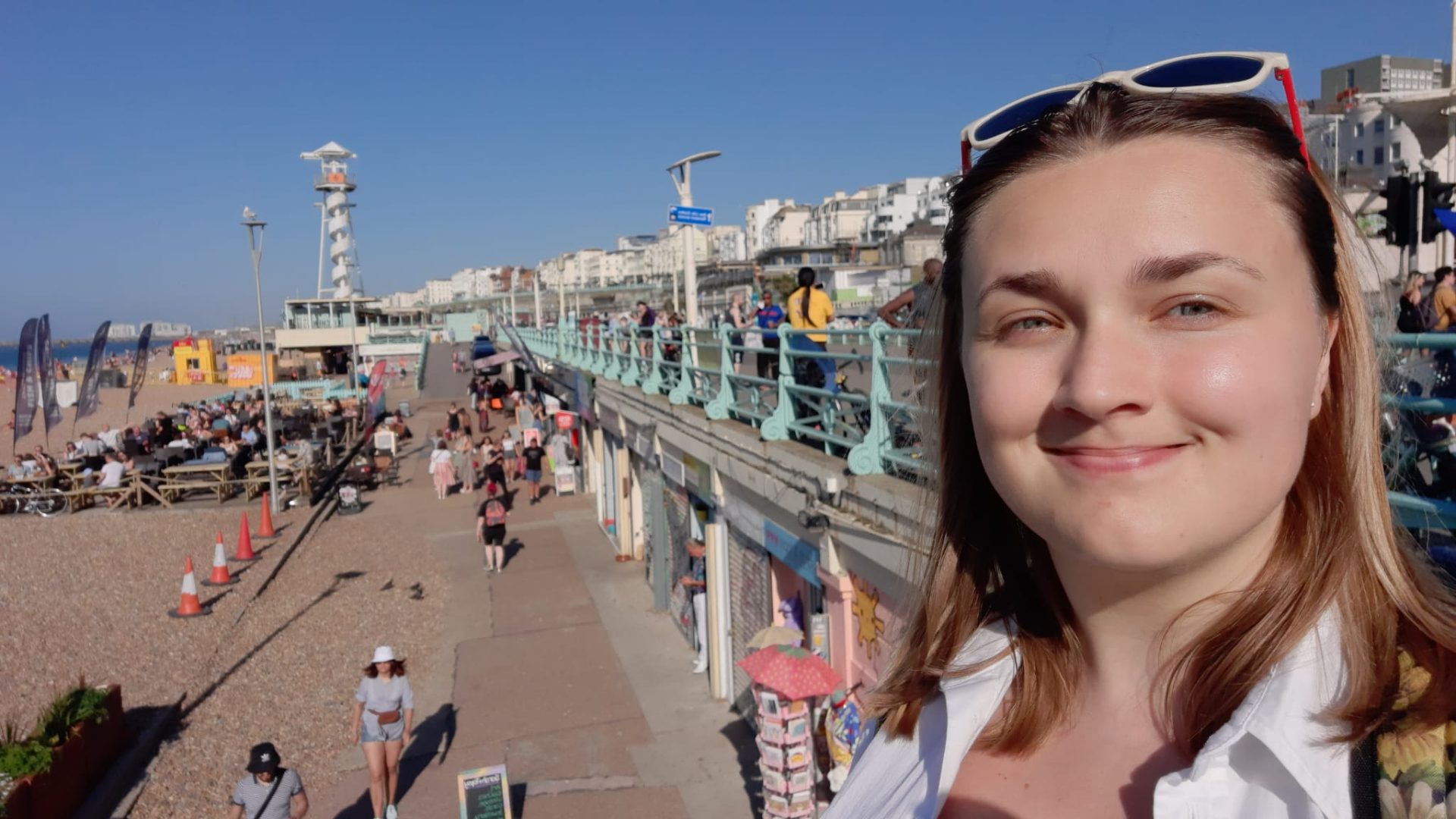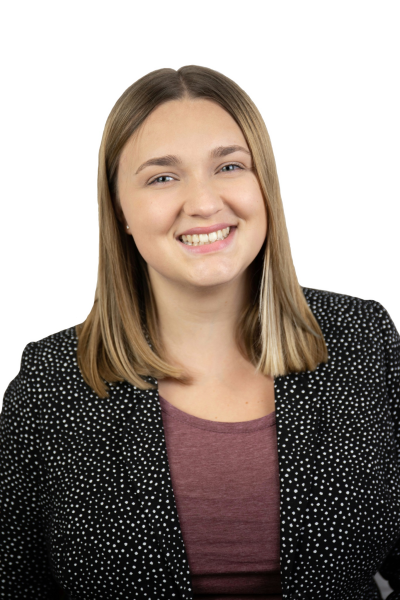
Q&A with community reporter and journalism apprentice Felice Southwell
Felice Southwell, 24, is a community reporter for Brighton and Hove News. As part of the Community News Project, her role aims to support quality local journalism by reporting on underserved communities.
National Apprenticeship week is taking place between 6-12 February, and the NCTJ is proud to support the campaign. Throughout the week, we will be sharing first-hand accounts from current and former apprentices, as well as employers, to demonstrate the benefits of journalism apprenticeships.
 Felice Southwell, 24, is a community reporter for Brighton and Hove News. As part of the Community News Project, her role aims to support quality local journalism by reporting on underserved communities. Her particular remit is to connect with people with disabilities and those from minority groups, focussing especially on seven deprived parts of Brighton and Hove. Felice opted to train for her NCTJ diploma as a journalism apprentice after studying politics at university. Here, she tells us about why she chose a journalism apprenticeship and how she is finding her role as a community reporter.
Felice Southwell, 24, is a community reporter for Brighton and Hove News. As part of the Community News Project, her role aims to support quality local journalism by reporting on underserved communities. Her particular remit is to connect with people with disabilities and those from minority groups, focussing especially on seven deprived parts of Brighton and Hove. Felice opted to train for her NCTJ diploma as a journalism apprentice after studying politics at university. Here, she tells us about why she chose a journalism apprenticeship and how she is finding her role as a community reporter.
What attracted you to a journalism apprenticeship?
I have always wanted to be a journalist and I have wanted to go into political journalism since the age of 16. I studied politics at the University of Surrey, got involved in the student newspaper and I rose to the role of editor by the time I left university. Then I went to Goldsmiths, University of London, to do an MA in political communication. So, I have gone down the unusual route of specialising in politics first and then doing the NCTJ.
I have always been priced out of doing the NCTJ so the fact that I could do this apprenticeship was a way that I could afford to do the qualification. I found the apprenticeship when I was looking for jobs in the Brighton and Hove area. I was working as a sub-editor for a magazine at the time, but I knew I wanted to go into reporting.
I am excited to get the training under my belt and to know that other people can be confident of me as a reporter. I am training remotely with Darlington College once a week and I can tell that the tutors are really going to support me throughout the NCTJ. Having already had some time in the job, I can already tell shorthand is going to be so useful.
Tell us about the connections you have made with the communities in Brighton and Hove.
The communities have been really welcoming. I am disabled as I have a fibromyalgia – a chronic pain condition – and connecting with the disabled communities has been really eye-opening. There’s a lot of concerns in the community about accessibility issues, and covering these topics as a disabled person is something you don’t always get to do. Being part of that community myself, it’s another way of amplifying stories that don’t always get heard. I cover areas of social and economic deprivation too.
Tell us about any stories you are particularly proud of.
 One story I know had quite an impact within the community was about a quadriplegic man who was at risk of losing his specially adapted home as he was renting it. He wanted to buy the house and then he was given an eviction notice as the landlords were planning to sell the house [to someone else]. The council did step in and by raising awareness about the issue, they co-signed the mortgage. Now that family owns the property and won’t be at risk of being evicted anymore. The community really got behind this story and didn’t want to see this happening across the county.
One story I know had quite an impact within the community was about a quadriplegic man who was at risk of losing his specially adapted home as he was renting it. He wanted to buy the house and then he was given an eviction notice as the landlords were planning to sell the house [to someone else]. The council did step in and by raising awareness about the issue, they co-signed the mortgage. Now that family owns the property and won’t be at risk of being evicted anymore. The community really got behind this story and didn’t want to see this happening across the county.
What do you aim to achieve during your journalism apprenticeship?
I hope to build more solid bonds with the community and try to make sure they feel represented in the media and they can trust journalists more. I want them to feel confident that their stories will be told in a responsible, fair and accurate way. Some of these communities don’t historically have a good relationship with the media and I would like to change that.

